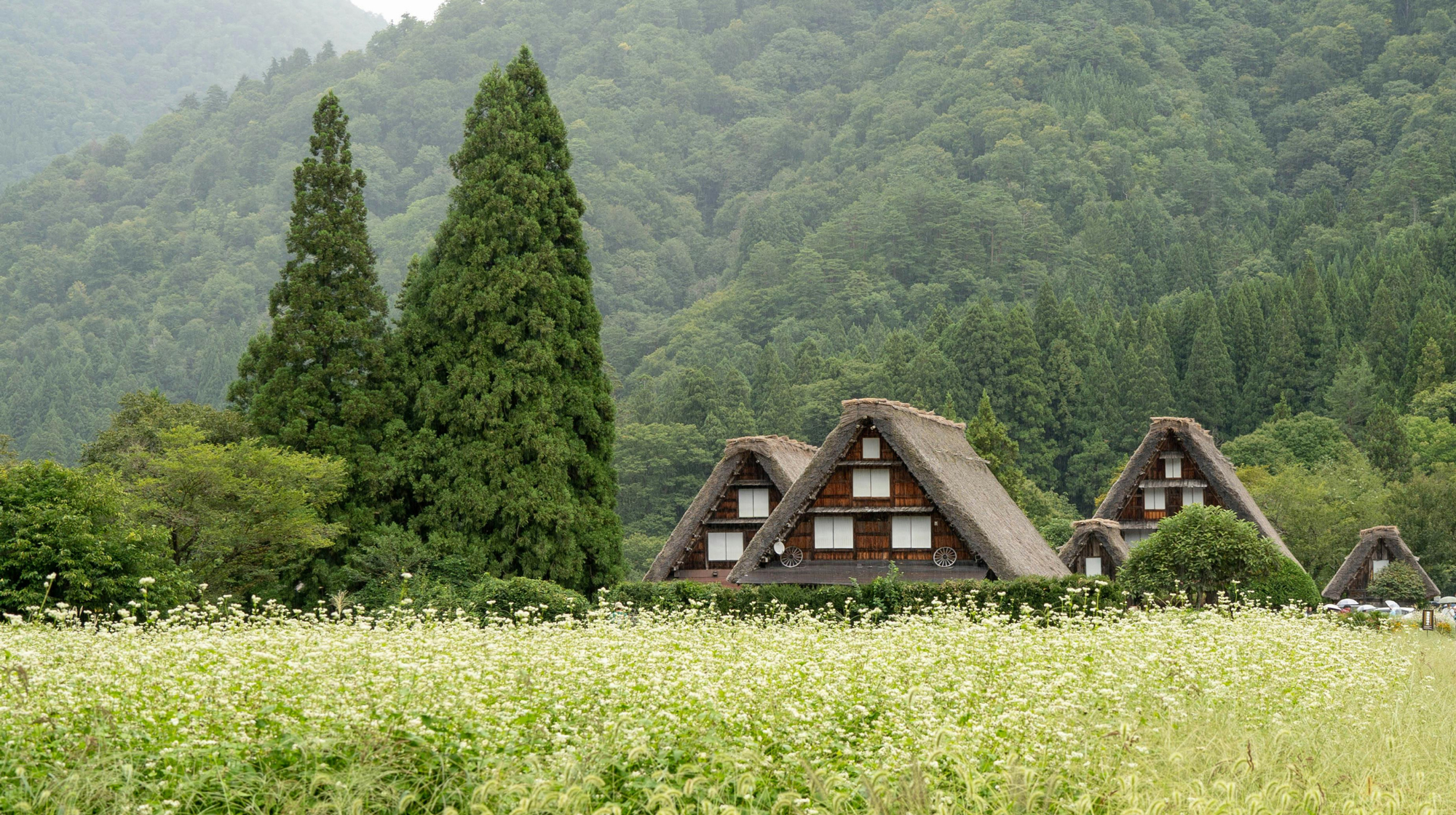
Beyond the familiar Golden Route, discover Japan’s quieter side – remote villages, mountain onsen, master artisans, and the quiet luxury of being beautifully lost.

Discovering Japan’s hidden paths reveals a country at once ancient and evolving. Beyond Tokyo’s neon corridors and Kyoto’s famous shrines, a quieter Japan exists – one shaped by sea mist, cedar forests and villages where time slows to the rhythm of the seasons. Travellers who drift from the Golden Route find themselves immersed in landscapes of extraordinary subtlety, where hospitality isn’t performed but lived, and luxury is measured in warmth and grace.
.
Mountain Sanctuaries
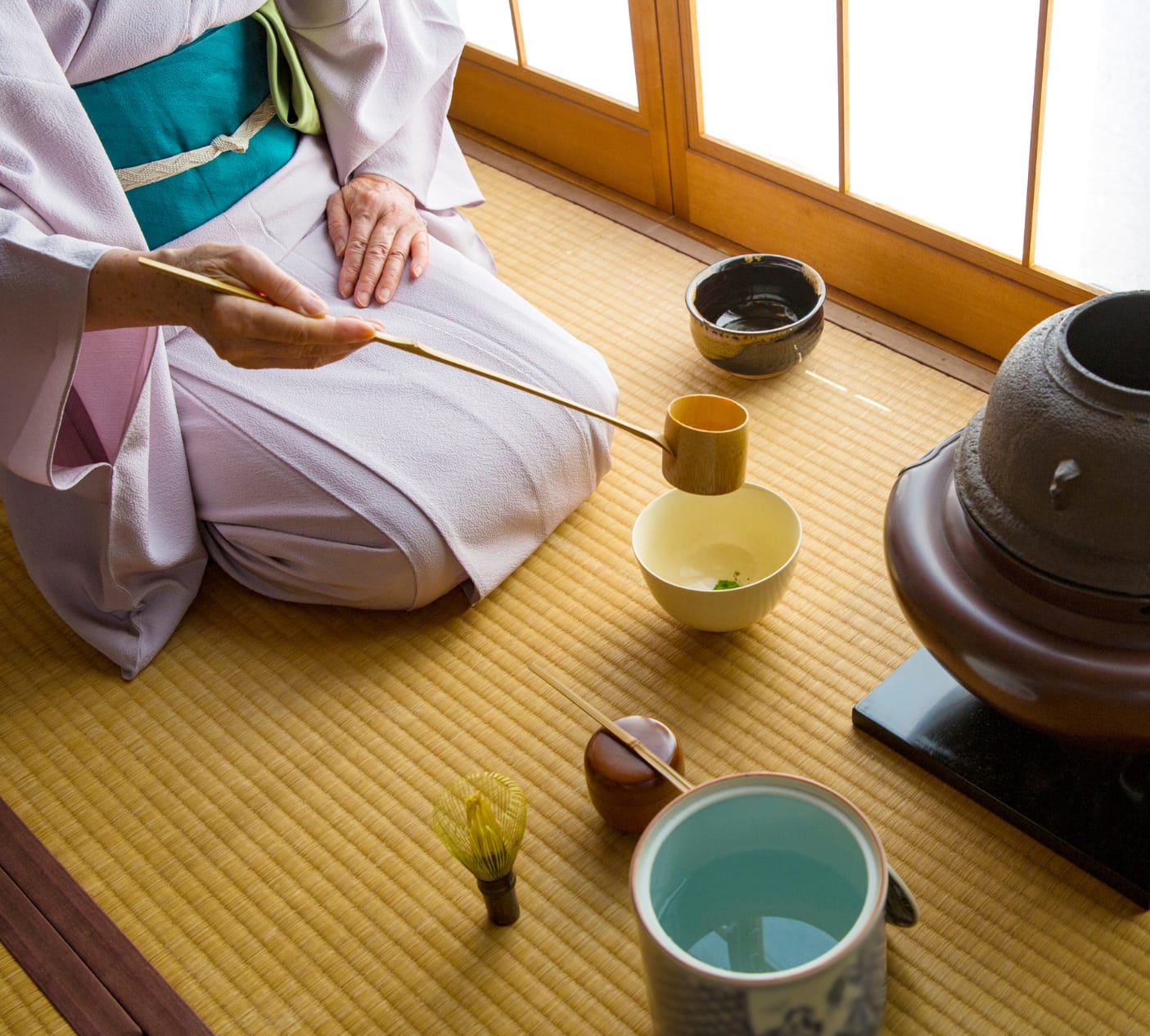
In Toyama, on the edge of the Japan Alps, wooden machiya houses line canals built for merchants centuries ago. Snowmelt from the mountains feeds the fertile plains, producing rice that has defined the region’s culinary identity for generations. Small sake breweries work with local communities and suppliers, polishing grains through the night to achieve the purest possible flavour. Visit a brewer like Masuda Sake Company and you’ll be welcomed into a world where patience is prized, and every step honours both family and place.
Further up the coast, Niigata’s ryokans promise a different kind of indulgence – not marble and chandeliers, but tatami rooms overlooking rivers that steam in winter’s chill. Many have operated for centuries, passing down the art of omotenashi – the intuitive hospitality that defines Japan – from one generation to the next.
Slip into an outdoor onsen beneath falling snow, the mineral water said to restore balance to body and mind. Dinner might feature local black wagyu grilled over charcoal, followed by delicate plates of mountain vegetables gathered that morning. There’s no rush here, only rhythm: the sound of wind through pines, the murmur of water, the slow revelation of calm.
Crafted by Hand
In Kagawa, on the island of Shikoku, the art of making extends far beyond the kitchen. Here, you’ll meet indigo dyers whose fingers are permanently stained blue, lacquerware artists who layer sap until it shines like glass, and udon masters stretching noodles with choreographed precision. The Seto Inland Sea laps softly at fishing villages, where time is marked not by the clock but by the tide. Stay at a restored kominka – a centuries‑old farmhouse reimagined with contemporary elegance – and watch as artisans revive skills once at risk of being lost.
In Takamatsu, visit the Ritsurin Garden, where gardeners spend decades shaping pine trees into living art. Each branch, sculpted with shears and patience, represents the harmony Japan holds between control and nature. It’s the same philosophy that runs through every encounter: the tea ceremony, the placement of a stone, the etiquette of a bow. In these gestures lies the country’s greatest luxury – mindfulness.
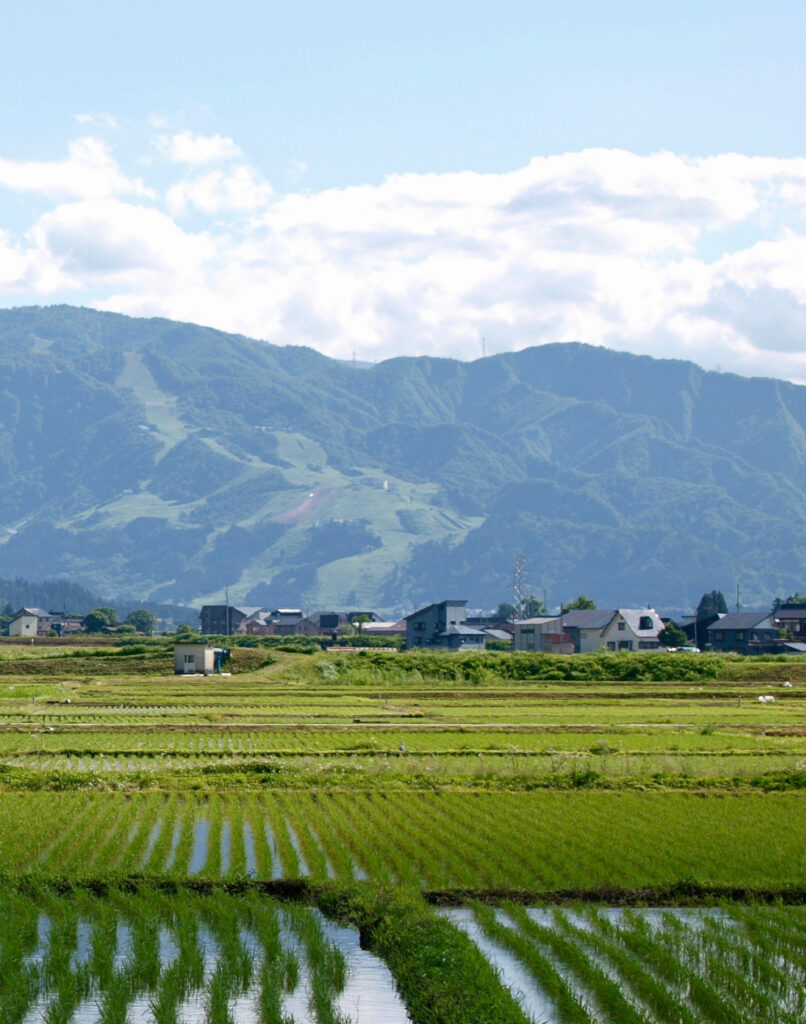
Northern Frontiers
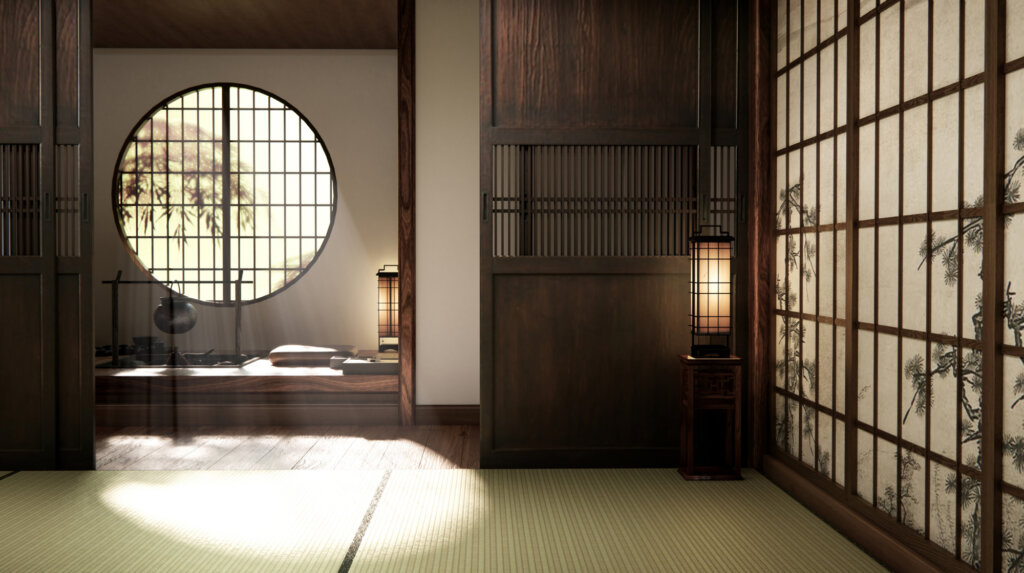
Far to the north, Hokkaido unfolds in cinematic beauty. Winters here are silent but for the soft fall of snow, and travellers come to see cranes dancing in white fields, to ski powder that feels like silk, and to soak in volcanic hot springs surrounded by forest. The Indigenous Ainu culture brings another layer of depth: at Upopoy National Ainu Museum and Park, stories are told through song and craft, reminding visitors that Japan’s identity is as diverse as its geography. Summer reveals a different rhythm – lavender fields in Furano, wildflower meadows, seafood markets brimming with king crab and scallops caught that dawn.
Stay at a boutique lodge like Zaborin in Niseko, where private onsen look out to birch forests, and every meal is a celebration of seasonality. Chef Yoshihiro Seno’s kaiseki menus evolve daily, guided by what local farmers and foragers bring to the kitchen. It’s here that Japan’s true spirit of discovery reveals itself: quiet, attentive, endlessly renewing.
The Art of Getting Lost
In Kagawa, on the island of Shikoku, the art of making extends far beyond the kitchen. Here, you’ll meet indigo dyers whose fingers are permanently stained blue, lacquerware artists who layer sap until it shines like glass, and udon masters stretching noodles with choreographed precision. The Seto Inland Sea laps softly at fishing villages, where time is marked not by the clock but by the tide. Stay at a restored kominka – a centuries‑old farmhouse reimagined with contemporary elegance – and watch as artisans revive skills once at risk of being lost.
In Takamatsu, visit the Ritsurin Garden, where gardeners spend decades shaping pine trees into living art. Each branch, sculpted with shears and patience, represents the harmony Japan holds between control and nature. It’s the same philosophy that runs through every encounter: the tea ceremony, the placement of a stone, the etiquette of a bow. In these gestures lies the country’s greatest luxury – mindfulness.
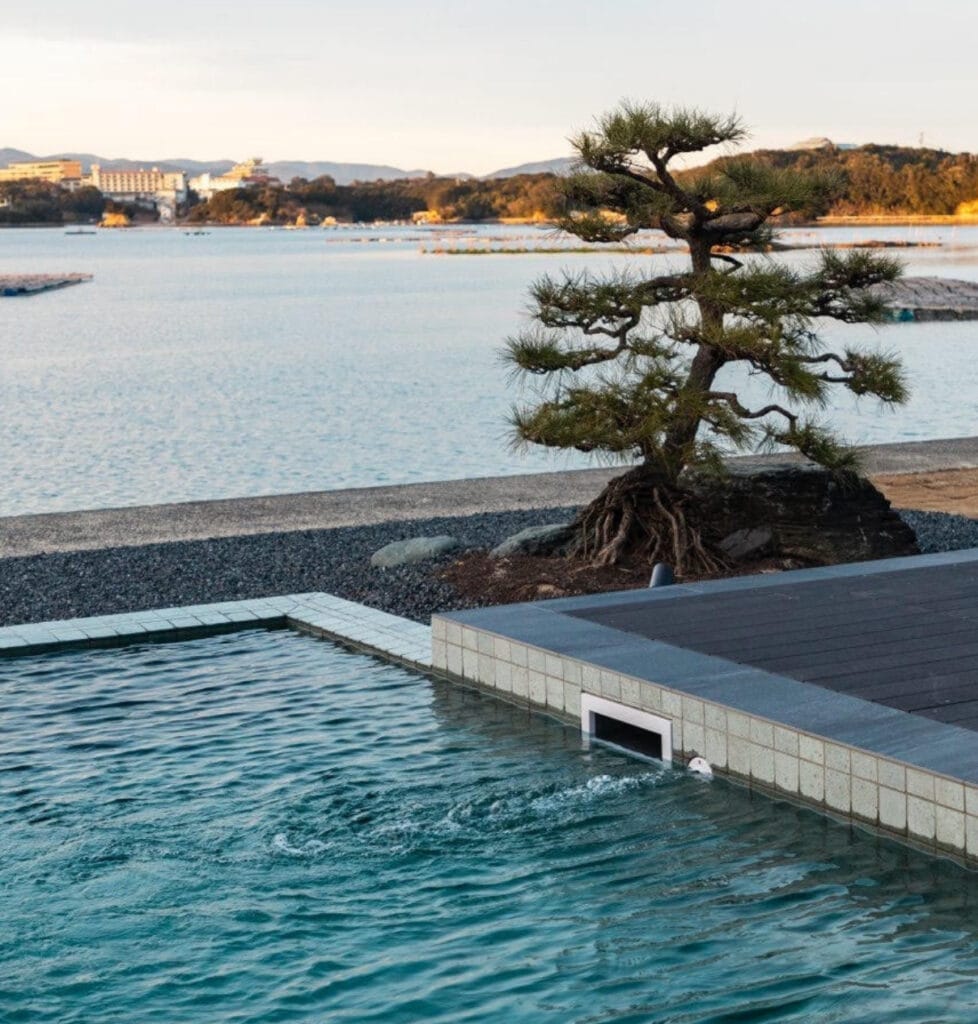
Discover more about the art of getting beautifully lost in Japan.
Latest Articles
Don't miss the latest from Luxury Travel
